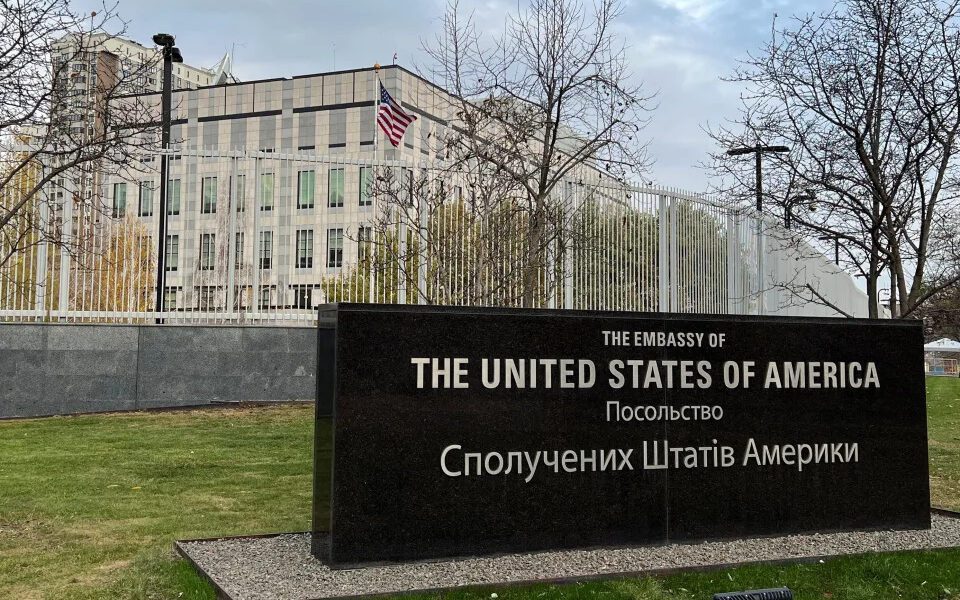The U.S. State Department announced on Wednesday, November 20th, that the U.S. embassy in Kyiv would close after receiving “specific information” that Russia was planning a “potential significant air attack.”
The department further advised all U.S. citizens in Ukraine’s capital to be “prepared to immediately shelter [in place] in the event an air alert is announced.”
As reported on Monday, Ukraine struck a Russian ammunition depot using long-range, American ATACM missiles, after U.S. President Joe Biden approved Kyiv to use the long-range weapons to strike targets in Russia. Days later, Biden also authorized the shipment of anti-personnel landmines to Ukraine, a controversial policy departure given the risk mines pose to civilians.
In the aftermath of the missile strike, Russia’s Foreign Minister Sergei Lavrov said his country would interpret it “as a qualitatively new phase of the Western war against Russia.” The Kremlin, Lavrov warned, would ”react accordingly.”
The same day, Russian President Vladimir Putin greenlit changes to the country’s nuclear doctrine, reclassifying an attack by a non-nuclear state—Ukraine, for example—as a joint attack when it’s backed by a nuclear power, such as the U.S.
As the BBC reports, a large-scale assault on the Kremlin that uses missiles, drones, or planes may now be considered grounds for nuclear retaliation on Russia’s part.

Lavrov said Russia is “strongly in favor of doing everything to not allow nuclear war to happen,” and yet the update—which has been in the pipeline since September—stokes obvious fears about escalation.
“Despite what Russia says, neither the U.S. nor NATO pose any threat to Russia,” State Department spokesperson Matthew Miller said at a press conference, calling the policy change hypocritical and calling “on Russia to stop bellicose and irresponsible rhetoric.”
While the U.S. maintains that it does not believe Russia actually will deploy nuclear weapons against Ukraine, it does appear to be anticipating an air raid. According to CNN, the sirens went off several times during the night and into the morning, a familiar sound in the capital.
The New York Times notes that Kyiv residents have weathered some 1,370 such alerts over 1,000 days of war, during which over 2,550 missiles and drones have been fired at the city.
The post U.S. Embassy in Kyiv closed down after Russia’s retaliation threats first appeared on The Yucatan Times.














